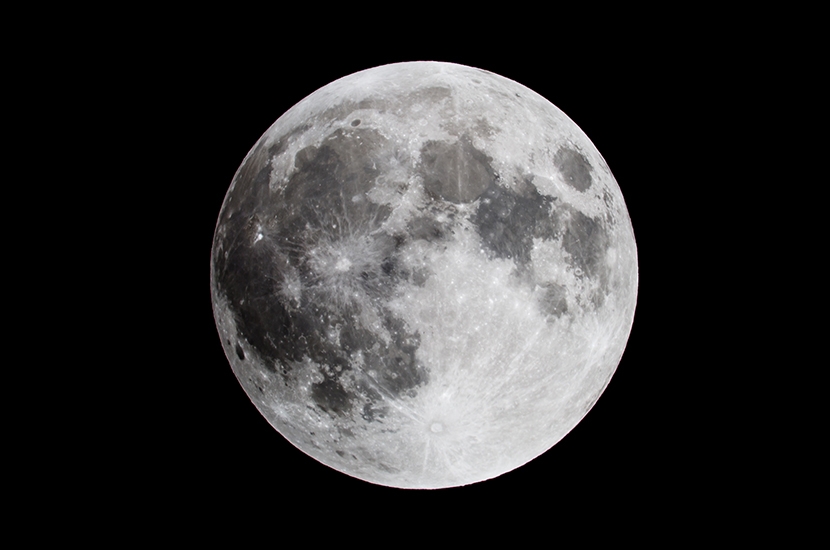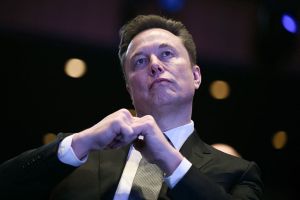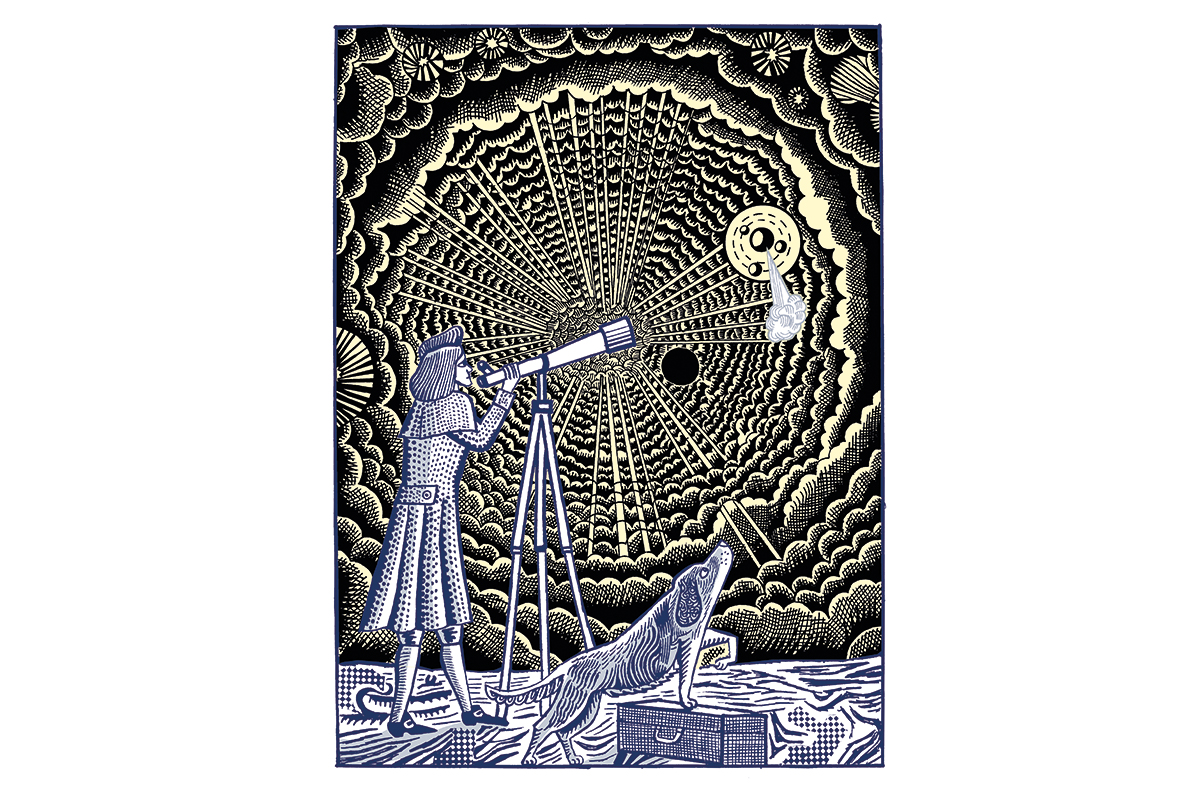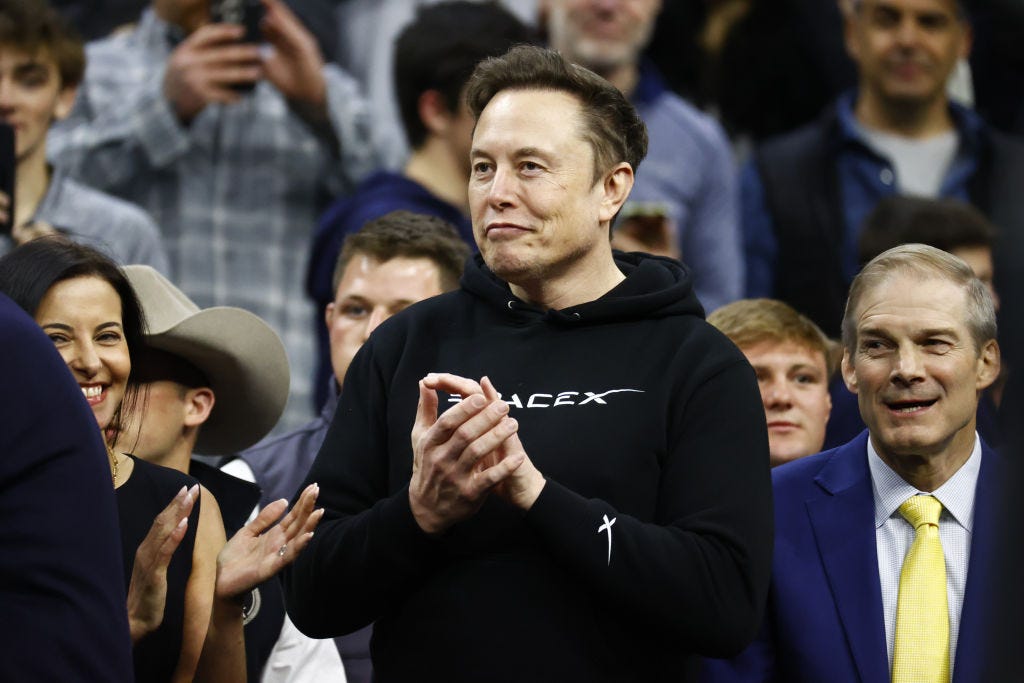I have just applied to fly around the Moon. My chances of being selected are slim, but is it impossible? Hopefully the explosion of Elon Musk’s test rocket shortly after landing in Texas last week may have winnowed down the competition for a place on Yusaku Maezawa’s flight to the Moon and back, scheduled for 2023.
That Texas landing was in fact a success, proving it’s possible for a rocket of this size to launch and return intact: third time lucky, the first two rockets tested having exploded on impact. This one blew up too, but after safely landing, and what the report described as a ‘rapid, unscheduled disassembly’ was a glitch unrelated to the landing technology: so I’m confident Musk can sort out these teething problems in the two years left before my hoped-for journey.
I should explain. Before that billionaire, engineer, Tesla CEO and dreamer, Elon Musk, rockets had historically been single-use disposable items. Musk founded SpaceX with a vision to change this. ‘The cost of access to space will be reduced by as much as a factor of a hundred,’ he said in 2015. ‘That really is the fundamental breakthrough needed to revolutionize access to space.’ His Falcon 9 rocket has become a major commercial success. Now this Texan test proves technology can land a big rocket upright just next to the launchpad.
Today, Nasa contracts SpaceX to resupply the International Space Station with food, science projects and recently (for the first time) with astronauts. Musk’s motivation seems ultimately not money but a belief in a better future. ‘If you get up in the morning and think the future is going to be better,’ he says, ‘it is a bright day. Otherwise, it’s not.’ His dream is for humanity to become multiplanetary: not through a romantic longing for adventure holidays, but for the betterment of our species. Here on Earth we are not a great deal safer than the dinosaurs. Mother Nature could do it to us or we could do it to ourselves, but our search for Planet B should be driven not because we’re too lazy to control climate change on Earth, but to gain more control of our destiny.
After that Texan test, we are Columbus with a seaworthy vessel capable of carrying enough supplies to get us a mile offshore and back again. What’s next? Something bigger. This is SpaceX’s new Starship rocket, currently in the early stages of testing. But to keep up the momentum, Musk understands a different sphere from that inhabited by government scientists: the world of business. He knows the importance of profit for the ultimate success of his interplanetary dream.
This is where Japanese billionaire Yusaku Maezawa comes in. There was surely a meeting of minds. Both men understand money; both search for meaning; both are invested in an idea of humanity, and both understand the potency of stunts. The former musician, then fashion entrepreneur and now art collector has paid an undisclosed sum for all nine seats on the first commercial trip on SpaceX’s Starship: a seven-day return-trip around the Moon. Perhaps appealing to Musk’s more philosophical side, Maezawa wants passengers of a creative bent — with no payment necessary. ‘First of all, whatever activity you are into, by going in space, I hope that you can push its envelope, to help other people and greater society in some way.’
I’m no painter or musician. But if I have a minor creative talent, it would be with words: with argument, explanation, description and report. When last week I first read of Maezawa’s offer, my initial ‘I should apply!’ was meant humorously. Then I realized I was not joking. Well, why not? Musk is partly South African in his origins, and so am I: two of Theresa May’s dreaded ‘citizens of the world’ who in our lives so far have seen much of our planet. But to see it from outer space! To fly around that silver lamp in the night sky that lit so many of my African nights in childhood, to see the dark side, to describe the experience, and to return! How could such a prospect fail to draw me?
Aged 50, I dropped out for five months to experience the Antarctic winter on one of the world’s most remote islands, Kerguelen — Captain Cook called it Desolation Island. Never for a second have I regretted the decision. As the great hull of the ship I was boarding to take me across the Southern Ocean loomed above me, my pulse raced. What, then, if it were a rocket? Oh boy!
So I applied. Within days came an email: ‘Dear Matthew Parris, Thank you for pre-registering as a candidate for the dearMoon crew… You will receive an email about the selection process sometime after March 15, 2021. We thank you for your patience and understanding.’ Attached was a picture of my face inside a space suit, with the Union Flag on my lapel. What hardly started as serious now keeps me awake with both excitement and trepidation.
All very silly, I realize. It surely won’t happen. Hundreds of thousands have applied. And I’m no young artist, but a superannuated if fit 71-year-old hack. But they say Yusaku Maezawa seeks diversity, and perhaps age has its place on the diversity agenda. Besides, the oldest among us will have the least to lose.
If I’m ever invited on to Desert Island Discs, a song to which I shall give pride of place is (from G&S’s Mikado) Yum-Yum’s hymn to two great celestial orbs with whom she claims fellow feeling, the Sun and Moon. Both Sullivan’s music and Gilbert’s lyrics are thrilling. My favorite lines describe:
‘…that placid dame,
The Moon’s Celestial Highness.
There’s not a trace upon her face
Of diffidence or shyness.
Ah, pray make no mistake,
We are not shy.
We’re very wide awake,
The moon and I.
Ah well. I can dream, can’t I? People do buy lottery tickets.
This article was originally published in The Spectator’s UK magazine. Subscribe to the US edition here.

























